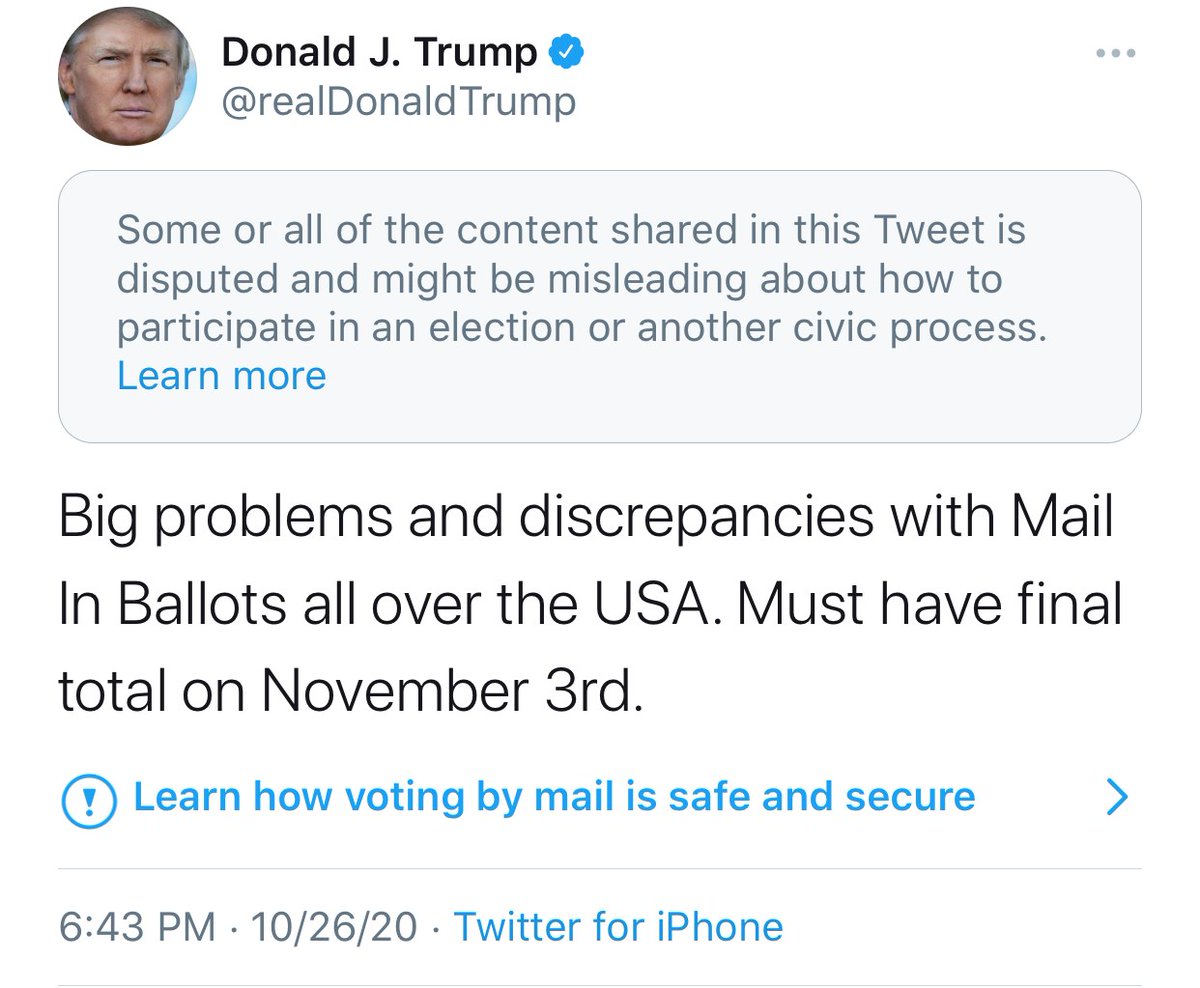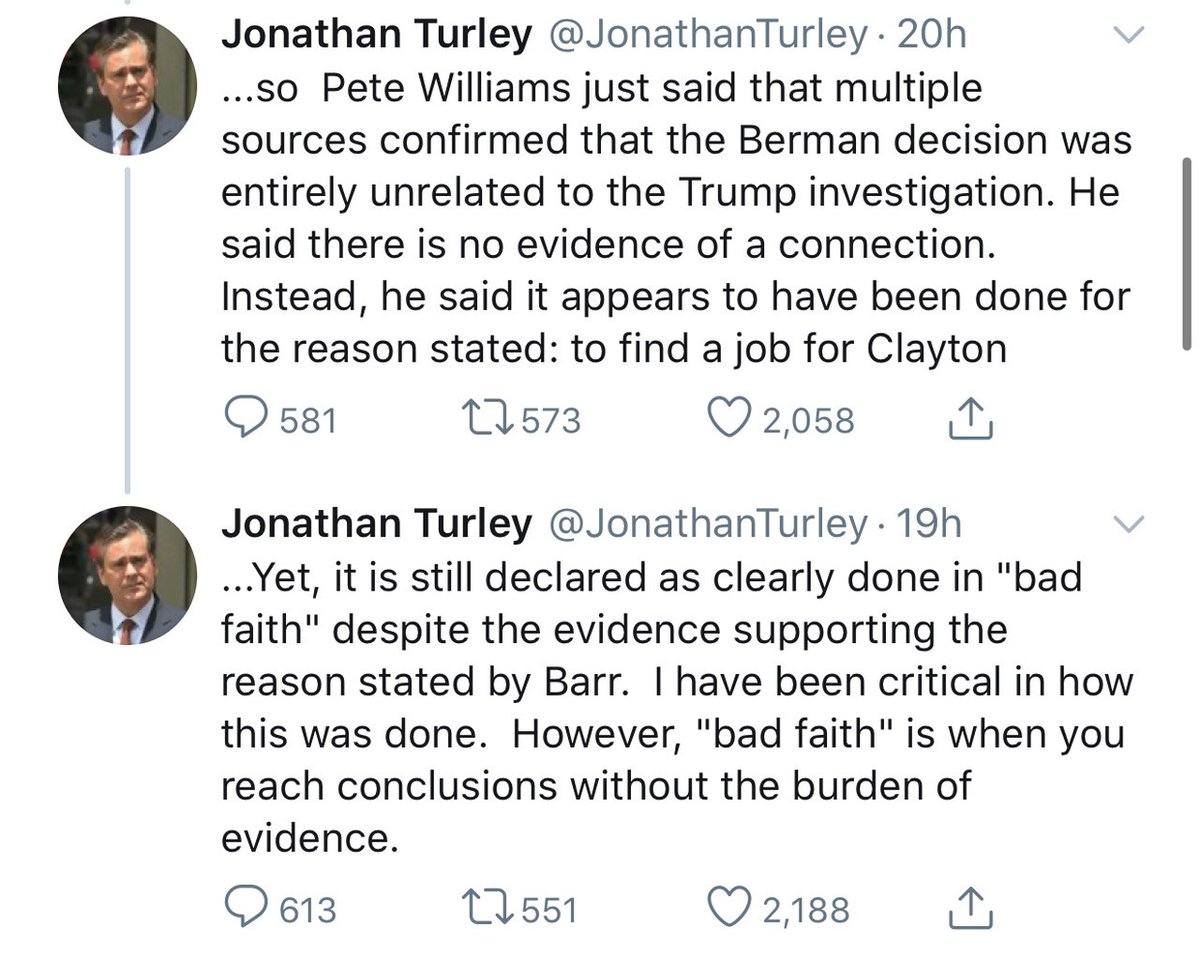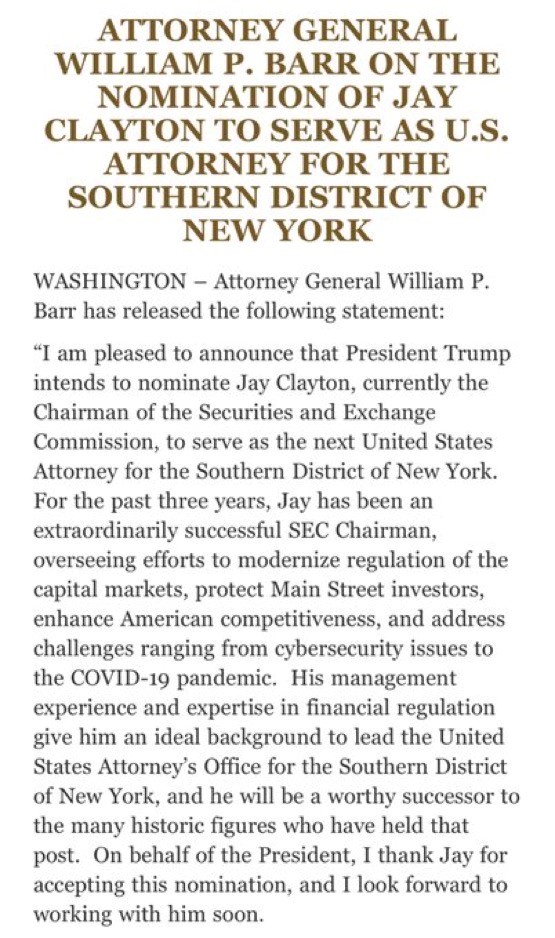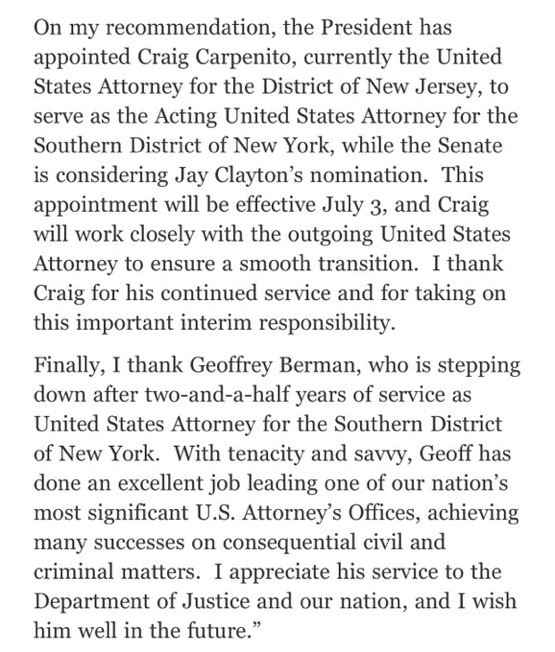
This is ... different:
The Trump campaign has filed a wide-ranging lawsuit challenging the counting of votes in Wayne County (Detroit) not just in a federal district court in Michigan, but in the U.S. Court of Federal Claims in D.C. — which has *no jurisdiction* in such cases:

The Trump campaign has filed a wide-ranging lawsuit challenging the counting of votes in Wayne County (Detroit) not just in a federal district court in Michigan, but in the U.S. Court of Federal Claims in D.C. — which has *no jurisdiction* in such cases:


Here's the complaint. I'm not kidding: They literally filed the W.D. Mich. complaint in a different court that only hears monetary claims against the federal government:
justsecurity.org/wp-content/upl…
justsecurity.org/wp-content/upl…
To be clear, I don't think this is malicious; it seems pretty clear it's just a filing error. But it says a lot to me about where we are that we're seeing these kinds of errors.
(This is also a good moment to flag the tireless and excellent work of @kpolantz, who brought this to my attention.)
Update: Judge Kaplan has transferred the case to the Western District of Michigan (where the same complaint had already been filed). 



• • •
Missing some Tweet in this thread? You can try to
force a refresh









